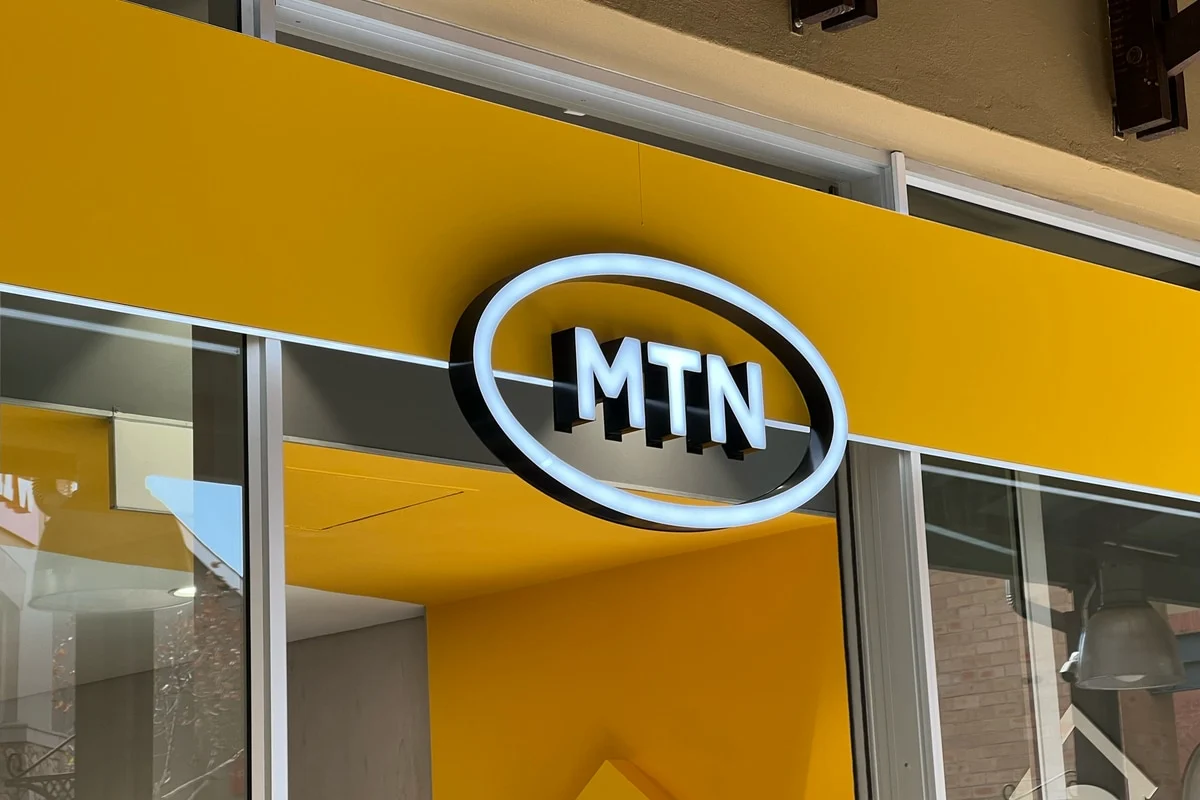MTN Group, Africa’s largest telecom operator, is making a bold bet: that it can turn around its declining financial fortunes by entering the crowded, capital-intensive world of video streaming. On April 7, the telco partnered with Synamedia, a global video software provider, to roll out a new streaming service tailored to mobile and broadband users across Africa. It’s a move that aims to drive digital inclusion and enhance content accessibility. But it also represents a high-stakes gamble that could deepen MTN’s financial woes instead of alleviating them.
Over the past two years, MTN has reported a combined post-tax loss of $398 million (₦537.4 billion), prompting a search for alternative revenue sources beyond its core telecom services. Yet streaming is a notoriously expensive business, especially in Africa. It requires substantial investment in infrastructure, content licensing, content delivery networks, and aggressive customer acquisition strategies to gain traction in an already saturated market.
The industry’s track record on the continent isn’t encouraging either. In South Africa, the Film and Publications Board disclosed that at least six local streaming platforms have shut down due to high operating costs and limited market reach. Elsewhere across the continent, major telecom players have exited the space: Airtel TV, TelkomOne, Vodacom’s Video Play, and Cell C’s Black have all shuttered within the past year. Even international platforms are struggling—in August 2024, BritBox announced it would discontinue operations in South Africa, citing underperformance. Netflix and Amazon Prime Video have rolled back Nigerian original content investment.
Competing with global streaming giants
MTN’s new streaming service will face stiff competition from established platforms like Netflix, Amazon Prime Video, and Showmax, which have already carved out significant market shares across the continent. These platforms are backed by massive content libraries, global distribution networks, and deep pockets—advantages MTN currently lacks.
Netflix, for example, spent over $16.2 billion on content globally in 2024 and continues to invest in local African content. It launched its first African original series in 2019 and has since added dozens of titles in languages such as Yoruba, Zulu, and Swahili. Amazon, which spent $18.2 billion in 2024, has also made inroads into African content, with several original productions focused on Nigerian and South African stories. Showmax, backed by MultiChoice, recently underwent a major revamp with support from Comcast and NBCUniversal, positioning itself as a hybrid platform with local relevance and international content partnerships.
Against this backdrop, MTN’s foray into streaming will require more than just a flashy launch. It will need to invest consistently in compelling content, user experience, and reliable delivery—without the benefit of economies of scale that its global rivals enjoy.
The cost of content and connectivity
Building a streaming platform from scratch is expensive. Even with Synamedia’s cloud-based technology, which offers scalability and personalized content delivery, MTN will still face steep costs. These include licensing local and international content, marketing the platform, and subsidizing data costs in regions where internet affordability remains a barrier.
In markets like Nigeria, South Africa, and Ghana, where mobile data is still relatively expensive for the average user, streaming services often struggle to achieve mass adoption unless heavily subsidized. MTN may have to bundle its streaming offerings with data incentives, further eating into its margins.
Moreover, content that resonates with local audiences is essential for success. MTN has promised to localize content per market, tailoring programming to specific cultures, languages, and viewing habits. While this is a sound strategy, it also means negotiating multiple licensing deals and potentially funding original productions—a costly undertaking for a company already posting losses.
Monetization risks in streaming
The platform will rely on multiple revenue models: subscriptions, ad-supported content, and free channels with targeted ads. While these options provide flexibility, they also carry risks. Subscription fatigue is already a global issue, and in Africa—where disposable income is limited—consumers are particularly cautious about monthly recurring charges.
Ad-supported streaming, on the other hand, requires significant viewership to attract advertisers. Digital advertising in Africa, although growing, is still underdeveloped compared to Western markets. For MTN to secure meaningful ad revenue, it must build a platform with millions of active users—a process that could take years and may never fully offset the costs of running the service.
A strategic play or a risky diversion?
MTN’s pivot to streaming can be seen as part of a broader strategy to diversify its offerings and leverage its massive subscriber base across Africa.
“We see a unique opportunity to transform video consumption in Africa with high-quality, accessible, and relevant content,” said Selorm Adadevoh, Group Chief Commercial Officer at MTN Group in a statement. “This partnership enables us to leverage cutting-edge technology and deep customer insights to enhance entertainment experiences and drive digital inclusion.”
With over 280 million users across 16 markets, MTN certainly has a built-in audience to tap into. But building a successful streaming business takes more than reach—it requires sustained investment, content excellence, and strategic focus.
“By taking advantage of the breadth of our integrated, cloud-based portfolio to quickly deploy new services at scale, MTN will be able to create a groundbreaking set of offerings for customers and viewers that will drive new revenues,” Paul Segre, Synamedia CEO, said.
There’s also the question of whether this move distracts from MTN’s core operations, especially when it faces pressure from inflation, currency devaluation, and regulatory hurdles in several markets.
Final thoughts
By localizing content and making streaming more accessible, MTN would join several local and international services democratizing entertainment. However, the path forward is fraught with challenges. In an industry where even the most well-capitalized players struggle to turn a profit, MTN’s streaming gamble could come at a high cost—one that may prove difficult to recoup if the platform doesn’t gain traction quickly.
For a company still reeling from multi-million-dollar losses, the margin for error is razor-thin.










